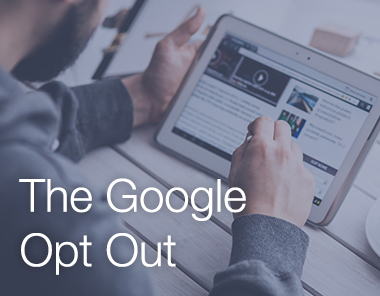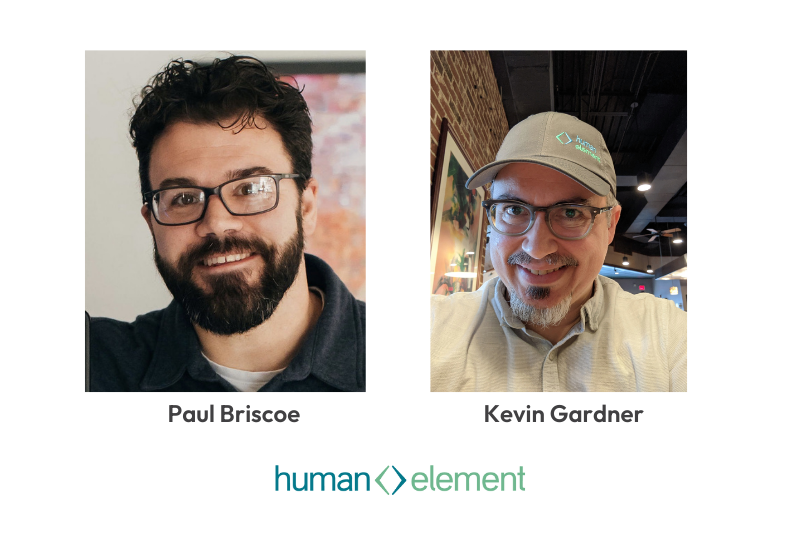 If the Facebook advertising update wasn’t enough to send digital marketers into a frenzy in the first quarter of 2018, the expanded advertising opt-out that Google recently announced might leave marketing strategists tearing their hair out. The Google opt-out gives users the ability to “mute this ad.” At Human Element, we like to take a step back and look at the bigger picture, and all the possible repercussions a change like this could have. So we weighed the positives and the negatives and are happy to report that this is not as devastating as maybe immediately interpreted. While this new update does give shoppers the power to close their blinds and rudely slam the door in our faces, it actually helps us out.
If the Facebook advertising update wasn’t enough to send digital marketers into a frenzy in the first quarter of 2018, the expanded advertising opt-out that Google recently announced might leave marketing strategists tearing their hair out. The Google opt-out gives users the ability to “mute this ad.” At Human Element, we like to take a step back and look at the bigger picture, and all the possible repercussions a change like this could have. So we weighed the positives and the negatives and are happy to report that this is not as devastating as maybe immediately interpreted. While this new update does give shoppers the power to close their blinds and rudely slam the door in our faces, it actually helps us out.
So, Here’s The Thing…
When a user says “no” to an ad, it means that it isn’t relevant or that they don’t want to see it any longer. Theoretically, this means that they’re done with the need for this product or service. In Google’s own example of a user shopping for snow boots, the user could have made a purchase for boots at a competitor’s site and now no longer has that need for the boots. Why would we want to continue to show this item to a person? The answer is, we don’t! By allowing users to prevent our ads from showing to themselves, it gives our system the ability to allocate our budgets back to the users who still need to see our ads, and potentially serve one when it’s relevant.
And Here’s Why
When a user prevents an ad from showing, it is because:
1.) They don’t like the ad. Fine, that person probably wasn’t going to convert anyway.
2.) They already bought the product: bummer, they got it from somewhere else, and we missed out. (Or maybe you should revise your audience settings in your remarketing campaigns to exclude users that have completed the purchase of that item).
3.) We bothered them. Well, this is frustrating. If this is common enough, we should look into the often overlooked “Frequency Capping” feature in AdWords that allows us to throttle the number of times our ads are shown to users on the Display Network.
Is This A Good Thing?
We think so. Plain and simple, it lets us keep dollars in our pocket to be spent on users who are actually going to buy our products, which theoretically allows us to improve our conversion rates. As marketers, our job is to present ads to users at the most relevant points in their daily lives. With this new tool, Google is helping us out by allowing users to tell us when they’re just not that into what we’re selling.
If you’re not ready to face the dangers of the digital marketing world alone, let us know. The Human Element team is not only knowledgeable, we’re experienced – and happy to provide you an exceptional marketing strategy.


